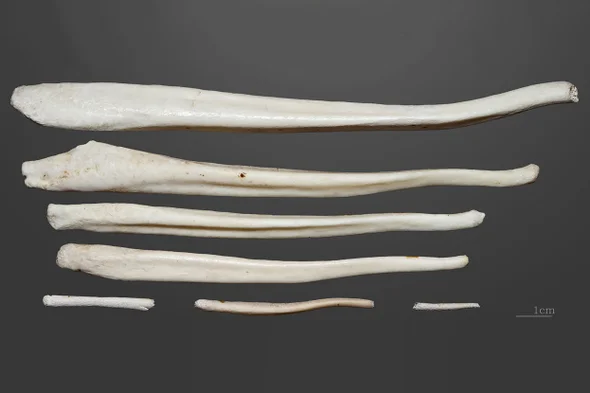“Vulture bees” evolved a taste for flesh
Ask a random person to picture a bee, and they’ll likely conjure up the familiar black-and-yellow striped creature buzzing from flower to flower collecting pollen to bring back to the hive. But a more unusual group of bees can be found “slicing chunks of meat from carcasses in tropical rainforests,” according to the authors of a new paper published in the journal mBio. As a result, these bees have gut microbiomes that are markedly different from their fellow buzzers, with populations more common to carrion-loving hyenas and vultures. So they are commonly known as “vulture bees” (or “carrion bees”).





